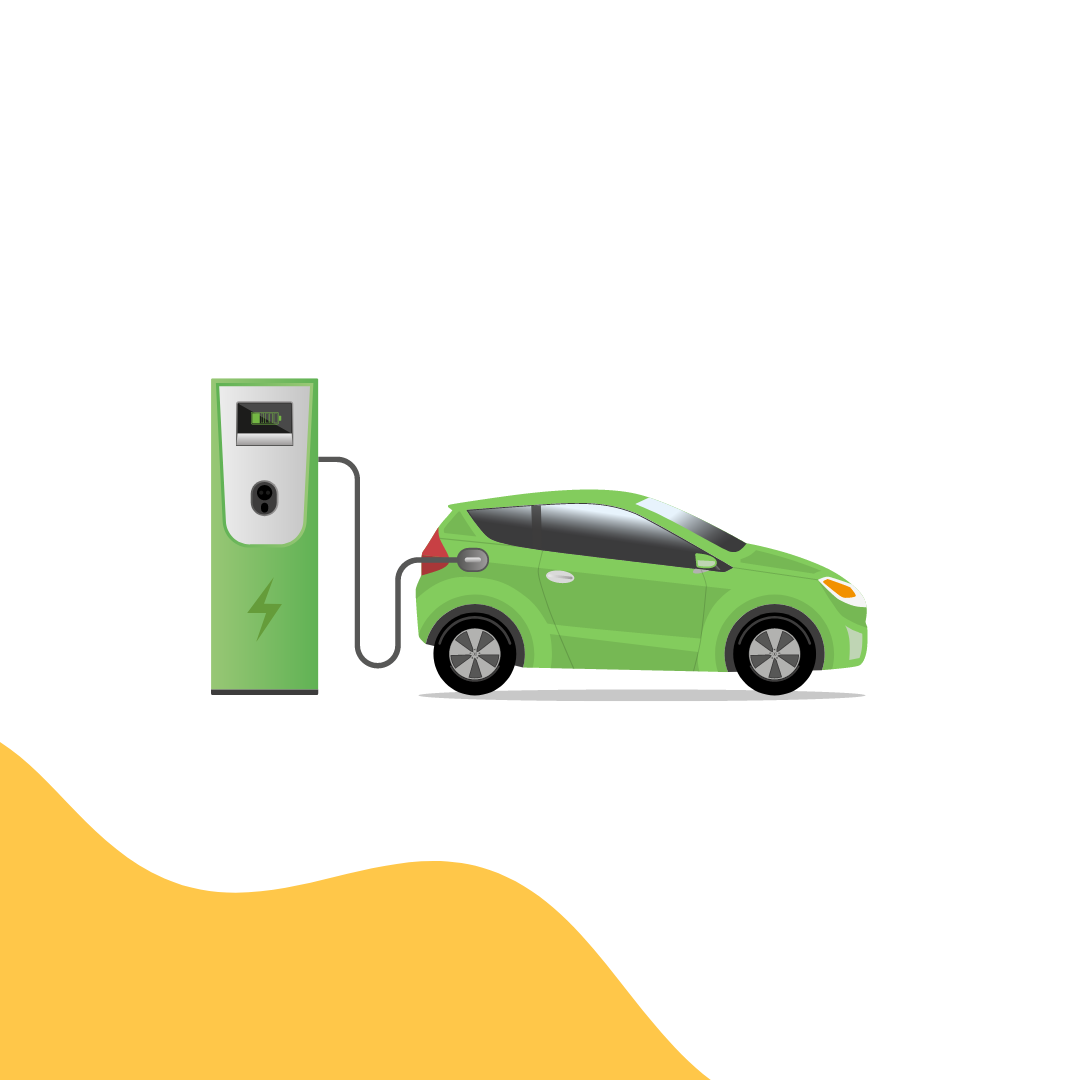Why Every Freelancer Needs a Dedicated Tax Savings Space
For freelancers, managing money isn't just about getting paid; it's about staying in control of tax responsibilities. Unlike traditional employees whose taxes are deducted at the source, freelancers are responsible for calculating, reporting, and paying their own taxes. Without proper planning, this can lead to severe financial shortfalls, especially when mistakes occur, such as being placed on the wrong tax code or underestimating liabilities.
One of the most effective financial habits a freelancer can adopt is maintaining a dedicated tax savings space, a separate bank account or digital savings pot where tax-related funds are set aside as income is earned. Here's why this is crucial, and how much you should be saving.
Why a Tax Savings Space is Essential
1. Mistakes Happen, And They Can Be Costly
Freelancers often fall victim to tax code errors, delayed notices from HMRC, or miscalculated liabilities. Having a tax savings buffer ensures you're not caught off guard when unexpected bills arrive.
2. It Creates a Psychological Firewall
By separating tax funds from spending money, you remove the temptation to dip into money that isn’t yours. This builds discipline and removes anxiety when tax time rolls around.
3. You’re Responsible for Multiple Tax Types
Freelancers are usually liable for a combination of:
Income Tax
National Insurance Contributions (NICs)
VAT (if registered)
Corporation Tax (if operating through a limited company)
Dividend Tax (for those paying themselves via dividends)
Employer Contributions (if you employ others)
All of these can add up quickly, especially if you're not saving proactively.
4. It Provides a Safety Net
If you earn less than expected, experience late payments, or have gaps in work, your tax savings buffer gives you breathing room. It's not just about paying bills it’s about resilience.
How Much Should Freelancers Set Aside?
There’s no one-size-fits-all percentage, but here’s a general guideline that covers the key tax liabilities for a UK-based freelancer operating through a limited company and registered for VAT:
*Varies depending on income thresholds.
Because these rates overlap based on how you're paid (salary vs dividends, business expenses, allowances), a conservative all-in savings rate is around 30–40% of your gross income.
Example Rule of Thumb:
Save 35% of every payment into your tax savings space.
Increase to 45% if you're VAT-registered and earning over the higher-rate income threshold.
Tips for Managing Your Tax Savings Space
Automate It: Use a business account that allows automatic income allocation (e.g., Monzo Business or Coconut).
Review Quarterly: Adjust your savings percentage based on your actual tax position.
Use Multiple Pots: Split savings for VAT, income tax, and corporation tax for better clarity.
Consult an Accountant: They’ll help ensure your estimates are accurate and up to date with current thresholds.
Final Thoughts
Freelancing gives you the freedom to earn on your terms but that freedom comes with responsibility. Creating a dedicated tax savings space is one of the simplest and most effective ways to protect yourself from tax shocks, budgeting errors, and sleepless nights. Treat your tax money as already spent, and you’ll build a sustainable freelance career with confidence.



